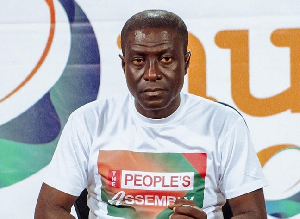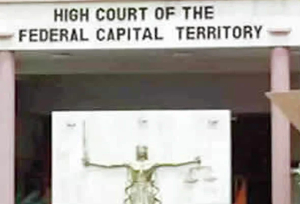Business News of Tuesday, 26 February 2019
Source: thebftonline.com
IMF backs tax exemptions reforms
The International Monetary Fund (IMF) is backing government to overhaul its tax exemptions regime to boost its failing domestic revenue.
The Washington-based lender, in its latest review of Ghana’s ongoing bailout programme, said rationalising tax exemptions will improve government’s domestic revenue mobilisation.
Domestic revenue performance over the past two-three years has not met the budgeted estimates, with last year’s target falling short by about 10 percent and prompting government to realign its expenditure in view of the shortfall.
“…it was agreed that tax exemptions will be rationalised, and their management framework strengthened to improve domestic revenue mobilisation. The authorities estimate tax exemption costs to be as much as 1.6 percent of GDP in 2018,” said Ms. Annalisa Fedelino who led an IMF team to Accra to conclude discussions on the combined seventh and eighth reviews of Ghana’s Extended Credit Facility Programme.
The president in last week’s State of the Nation Address described the existing tax exemption policy as an Achilles-heel, and a growing menace to fiscal stability and revenue generation.
In the last eight years, tax exemptions in respect of import duty, import VAT, import NHIL and domestic VAT have grown from three hundred and ninety-two million Ghana cedis (GH¢392million), that is 0.6% of GDP in 2010, to GH¢4.66 billion – 1.6% of GDP in 2018.
According to the president, this is not sustainable and government intends to do something about it to reverse the trend – by introducing suitable measures that may disrupt the easy and comfortable arrangements many have become accustomed to.
Making progress
The IMF mission team said government has made good progress in implementing the ECF-supported program, which will end on April 3, 2019; adding that six out of nine end-December 2018 quantitative targets under the program were met and structural reforms are advancing.
It went further to describe Ghana’s recent economic performance as favourable, despite a less supportive external environment for frontier economies.
Real GDP grew by 6.7 percent in the first three quarters of 2018. Over the medium-term, growth is projected to remain sustained – buttressed by recent oil discoveries while consumer price inflation, now at 9.0 percent, is well within the band around the inflation target.
The overall fiscal deficit reached 3.7 percent of the rebased GDP (excluding financial sector costs), and the primary surplus (overall budget balance excluding interest costs) was in line with programme targets.
The team noted that the economy experienced some pressures in the second half of 2018, largely emanating from foreign investors rebalancing their portfolios in the context of a stronger dollar, rising US interest rates, and volatility in emerging markets – which led to a decline in external buffers.
The team urged that the monetary policy should continue to remain prudent and complement fiscal adjustment efforts to keep underlying inflationary pressures in check and avoid upside surprises.
The IMF’s Executive Board is expected to consider the combined seventh and eighth ECF reviews by end-March 2019. Completion of these reviews will make available about US$188million, bringing total disbursements under the programme to about US$920.58million.












